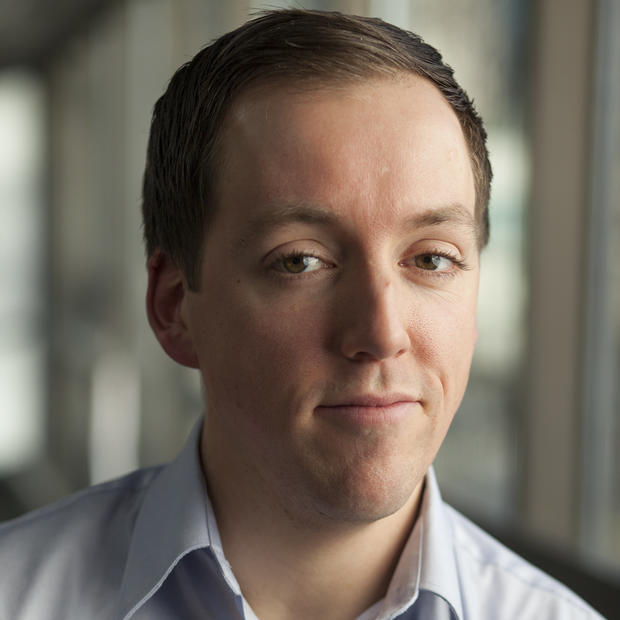Rules allowing commercial marijuana growing operations in some industrial parts of Seattle are headed toward a vote by the city council as early as Monday.
An amendment seeking to limit the operations in industrial zones will be the key issue when the council votes.
The council's housing, human services, health and culture committee recently approved a draft ordinance sponsored by councilmembers Nick Licata and Sally Clark. The bill also formalizies much tighter limits on grows in commercial and residential areas. In those areas, any one growing operation could have no more than 45 plants and 72 ounces of dried marijuana, the limits set by state medical marijuana laws for a single "collective garden."
The main issue in the committee on May 22 was the size of marijuana operations: The original bill called for a 10,000-square-foot limit, but an amendment sponsored by Licata dramatically increased that to 50,000 square feet. Some businesses worried about the change.
Licata said after the vote that the proposed ordinance aims to make sure the market for industrial property stays stable, even when new marijuana businesses come looking for space. "My goal with this legislation is that we try to have as smooth sailing as possible," Licata said.
But there continue to be concerns about how large-scale growing operations might affect industrial areas. Before Licata's 50,000-square-foot amendment passed, Councilmember Sally Bagshaw proposed tightening the rules and leaving the 10,000 square-foot limit in most industrial zones. Like Licata, she also proposed prohibiting any growing at all in the IG-1 zones that line the city's industrial waterways such as the Duwamish River.
Noting that businesses in those corridors had generally chosen them specifically for their proximity to shipping, Bagshaw said, "We need to promote traditional uses for our industrial areas. ... Replacing that with urban agriculture doesn't make sense."
Her proposal will come before the full council, where it should have a good chance, according to Eugene Wasserman, director of the North Seattle Industrial Association, a group of businesses including many along industrial waterways in Interbay, Ballard and along the ship canals. He said his group had supported the legislation with Bagshaw's amendment. But with Licata's amendment instead — proposing 50,000 square-feet grows — his group changed to opposing the measure.
"It feels like a constant battle to deal with land use issues, with this just being the latest one," Wasserman said.Wasserman said he understands the council's difficulties in creating legislation covering the dramatic changes brought by the state legalization of marijuana. But, he said, there
Because land in industrial areas is cheap, and often hasn't been broken up into smaller parcels like commercial and residential land, one group or another is always trying to get a new use approved, Wasserman said. Of those uses, marijuana seems to fit more than some that have been proposed, Wasserman said, citing recent pushes to allow residential and commercial development in Interbay as one example. But, he said, it's "the fear of the unknown. We don't know if there will be one, or 20, or what."
"We're not anti-marijuana," added Wasserman. "We're just concerned about new users with lots of money moving into our area and driving up the rental rates."
Dave Gering, director of the Manufacturing Industrial Council of Seattle, whose members include Burlington Northern Santa Fe railroad and the Foss tugboat company, said that, after reflecting on the committee vote, his organization decided to oppose the ordinance's 50,000 square foot provision. He praised Licata and Clark for their work on protecting industrial areas generally but said the group will write a letter before Monday urging adoption of Bagshaw's amendment.
Even before reaching the decision to oppose the measure, Gering noted that many of the businesses in the industrial area depend on its unique assets — especially proximity to rail, sea and highway shipping — and also benefit from lower rents thanks to its industrial zoning. As healthy as an industrial tenant may be, Gering added, other property uses are often able to generate more per-square-foot rent money for landlords.
With zoning, Gering said, "you’re protecting economic activity that is worth more to the community in terms of income and employment than a retail rent-type activity, and you're protecting unique industrial assets." He said the land and infrastructure in Seattle's industrial areas "can't really be replicated." And he said the council committee's decision to approve operations the size of a football field was hard to understand in terms of Seattle's land base and what seems to be an already-healthy availability of marijuana. "I have never seen us suffering from a shortage of marijuana," he said.
What just about everyone seemed to agree on — Wasserman, Licata, Gering, and nearly everybody at the meeting — was that much remains unknown about the coming market, and that rules ought to adapt to it. In a nod to that fact, the ordinance also contains a largely symbolic declaration of the council's intent to revise the rule to fit the market. With questions remaining about the final shape of state rules on the drug, as well as the size of the new market itself, Licata said, "we need to move in an incremental fashion."
Disclosure: Bagshaw is married to Bradley Bagshaw, the president of Crosscut's board of directors.


